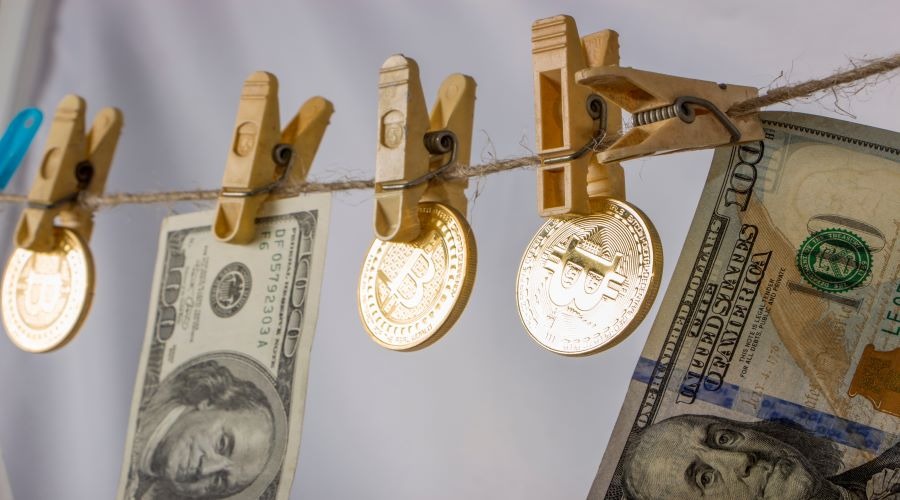France’s Credit Agricole has taken a 7 percent stake in payments company Worldline to further strengthen the joint venture partnership between the two. The two companies signed a non-binding exclusive strategic partnership agreement to create a significant player in the French payment market.
An Investment to Strengthen a Partnership
According to the announcement today (Friday), the investment in the minority stake “demonstrates Credit Agricole Group’s intention to support Worldline’s development and implementation of its strategy as a key European payment services provider.”
The French lender stressed that it intends “to remain a long-term minority shareholder, fully committed alongside Worldline.”
Credit Agricole stated that the transaction is expected to impact less than ten basis points on the CET1 ratio. However, the companies did not reveal the financial details of the investment deal.
“Through this transaction, Crédit Agricole Group is reaffirming confidence in its partner: a strong franchise, leading-edge technologies, and proven innovation capabilities, at the service of its customers,” the announcement stated.
A Planned Joint Venture
Under the previously signed partnership agreement joint venture, Worldline will be the payments technology provider, while Crédit Agricole will leverage its distribution networks. The latest announcement revealed that the preparatory work for the creation of the joint venture “is progressing according to the announced schedule, with operational launch planned in 2024, as soon as the customary regulatory approvals have been obtained.”
Headquartered in France, Worldline provides payment services to merchants, banks, and acquirers globally. The company recently received a payments license in the United Kingdom and expanded its presence in Asia with a Major Payment Institution license from the regulator in Singapore.
The France-based payments company generated €4.4 billion in revenue in 2022. Its revenue in Q3 2023 reached €1.18 billion, translating to an annual organic growth of 4.8 percent. The growth was primarily driven by its "Merchant Services" segment, which saw an increase of nearly 8 percent to €868 million.
However, the company highlighted a macroeconomic deterioration in some of its core regions and terminated some crucial relationships. It was specific to the challenges in the German market and the rising risks of fraud and cybercrime.

















